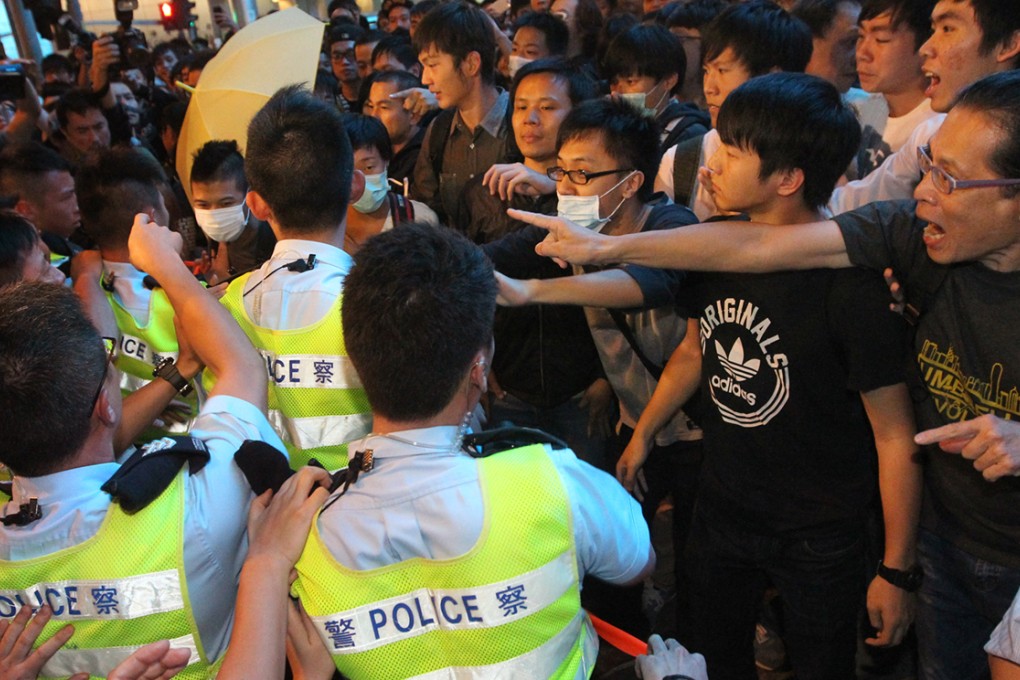Government's handling of Occupy protests 'is damaging Hong Kong'
Ex-police officer says government must act to end impasse, and urges protesters to get off the streets and resolve 'dirty and messy situation'

A former senior Hong Kong police officer has described the government's handling of the Occupy Central protests as "damaging" to the city's future and to its judiciary.
Security risk consultant and former head of the police criminal intelligence unit, Steve Vickers, who maintains close links to many in the force, also criticised the protesters, saying it was time for them to get off the streets and find a way of ending what had become a "very dirty and messy" situation.
The government declined to respond to Vickers' comments. But lawmaker Tam Yiu-chung, of the pro-Beijing Democratic Alliance for the Betterment and Progress of Hong Kong, defended the government's approach, saying it had to act to end "unrealistic and illegal" actions by the students.
Last night, Mong Kok was calm after days of turmoil as bailiffs and then police enforced court injunctions to remove protesters from their encampment, which blocked some of the district's main thoroughfares, sparking violence and arrests.
In his latest security assessment of the situation, Vickers said the government must make a decisive political effort to end the impasse or risk undermining the judiciary and police by "hiding behind bailiffs". But Vickers, CEO of risk consultancy SVA, said: "This is a political situation which cannot be resolved by force. This quasi-judicial-police approach - whatever you want to call it - is not helpful to anyone. It is damaging to Hong Kong's future. It is damaging to the judiciary. It uses a large number of resources and is inefficient."
For Vickers, the government's current strategy risks cannibalising the police - whose hands he says are tied - and sullying the name of the judiciary.
The comments echo those of protest leaders and student activists, who regularly lambast Chief Executive Leung Chun-ying for failing to engage with the so-called umbrella movement.
